Many legendary direct response marketers love to research. David Ogilvy famously stated that ‘advertising people who ignore research are as dangerous as generals who ignore decodes of enemy signals‘. Research, simply put, is vital for the success of any marketing venture.
But the thing is, research is tedious, difficult, and (sometimes) boring. It’s not as easy and straightforward as it used to be. Knowing and understanding underlying concepts, while integral, is no longer enough — you must know the secret tricks of the trade to get ahead.
This article reveals 9 of them.
I also highly recommend you read these:
Gary Bencivenga’s Marketing Bullets: A Summary
Maslow’s Hierarchy of Needs Explained
1. Facebook’s Ad Library
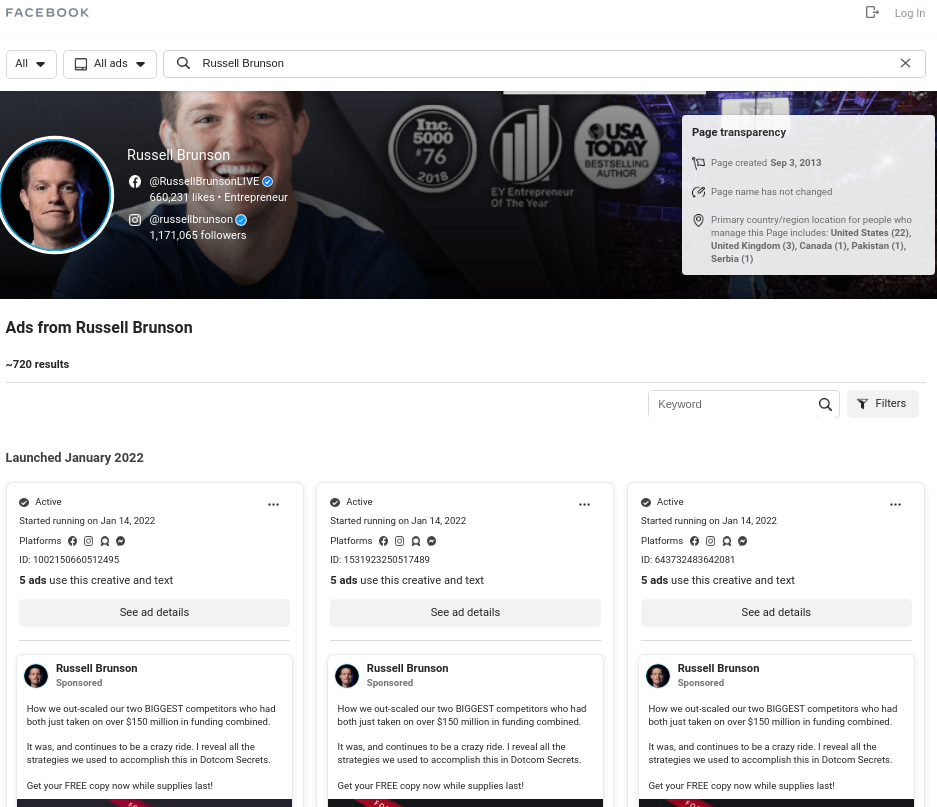

Every ad that is posted on Facebook is available for the world to see through Facebook’s Ad Library feature. Use this to get a glimpse of what other players in the market are doing.
While you won’t see any direct numbers on conversions and efficacy of the ad, you can assume that the longer an ad has been running, the better it’s performing.
Here’s a direct link to Facebook’s Ad library. You don’t need to be logged in for it to work.
Note: In case the search doesn’t seem to be working, try disabling your ad blocker if you have one.
2. Reddit
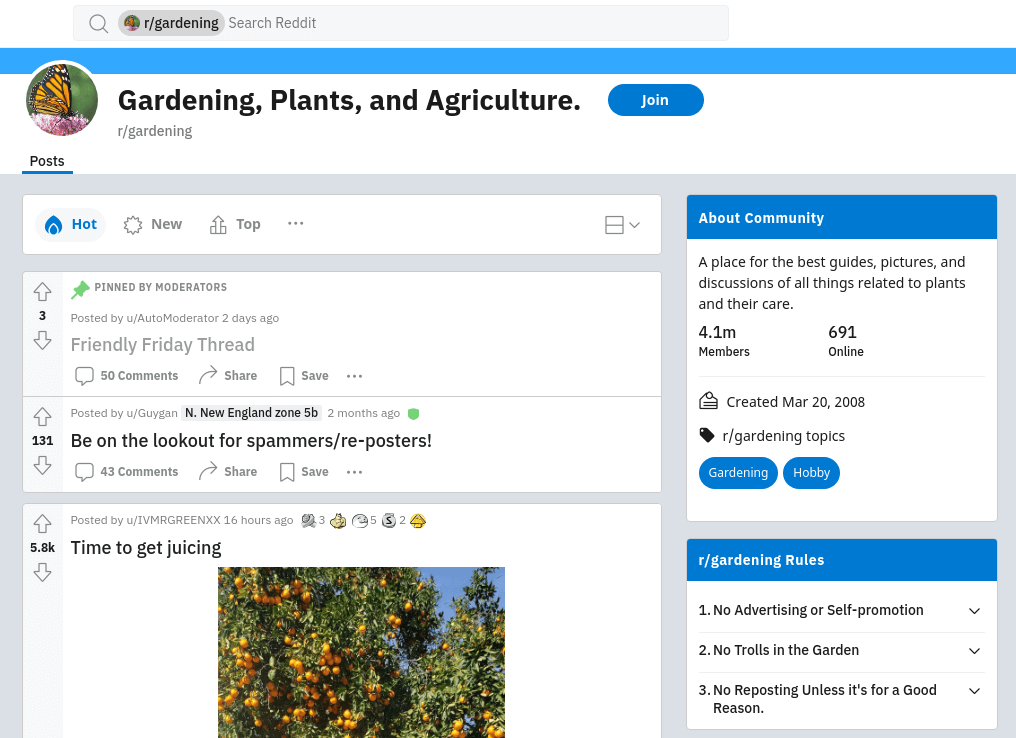

Reddit is one of the — if not the — biggest forums online. As such, odds are your target audience also hangs out there.
The key is to find small, obscure subreddits where enthusiasts congregate. The default subreddits you see on the front page are mostly useless from a market research perspective — unless you’re looking for current meme templates or trying to understand internet culture a bit better.
If we’re tasked with writing a new sales page for a gardening-related product, we want to find where hobby gardeners hang out and what they talk about.
Here are some example subreddits:
r/gardening
r/vegetablegardening
… I’m sure there are more. I know nothing about gardening. :-)
Oh, and before I forget…
Reddit is also a great place to promote your offers and business. But to promote on Reddit you need to do it right.
3. LinkedIn
If your business or your clients are in B2B (or B2G – Governments) doing some digital sleuthing on LinkedIn is a must.
Much like on Facebook, LinkedIn too has groups you can join freely.
Be sure to also use the hashtag search feature to find relevant content (to develop your VoC — Voice of Customer — vocabulary).
Like on most forums, the real value is in the replies and the comments that stem from the original post or article.
4. Quora
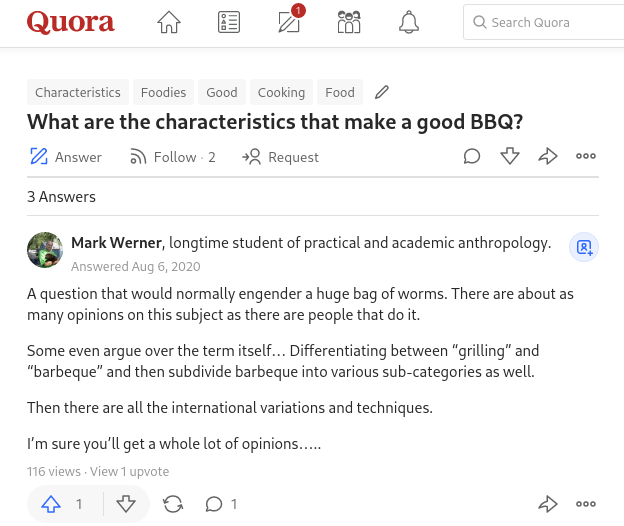

Quora is a Q&A site where anyone can post a question and anyone can answer it. From a copywriter’s perspective, the value is in mining the questions people ask. While you can always consult a Google keyword search tool (e.g. Answerthepublic), on Quora you get a clear picture of what people are asking AND what they deem the best answer to be.
In other words, what answer goes together with what question.
This might sound silly if you haven’t been writing copy better, but remember that many copywriters work in several niches. Getting a clear overview of a topic can be tricky — especially in complex B2B niches.
That’s when scavenging the niche-specific page in Quora will save you from some headaches.
5. Discord


Discord used to be mostly for gaming but we’ve seen a shift towards usage across industries during the pandemic. Still, if your target demographic is 30+, this isn’t your first port of call.
Discord has a nifty search function that helps you find current insights into your customers’ pain points. And because the brand is a tad goofier and more relaxed than Slack or LinkedIn you also get more direct views from anonymous avatars.
Which, from a market research perspective, is fantastic.
6. Utilize newsletters in your niche
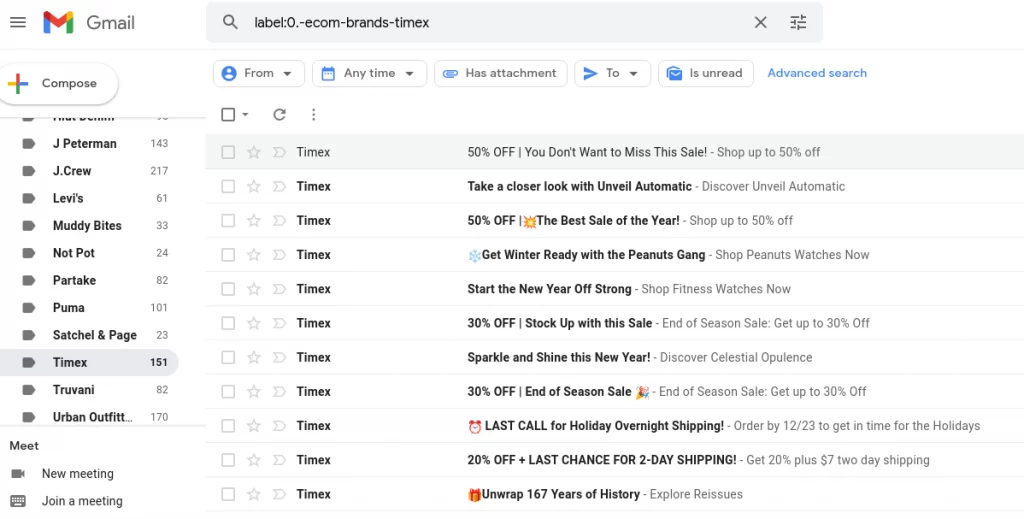

Why spend hours creating a swipe file when you can have your market do it for you (for free).
I’m subscribed to about 100 or so different newsletters in various niches. Each brand is categorized into its own folder, where each news email automatically goes.
So whenever I feel like looking at what kind of subject lines the watch brand Timex tends to send, I simply open that folder in my Gmail account.
7. Find discussions and forums with ease on Google
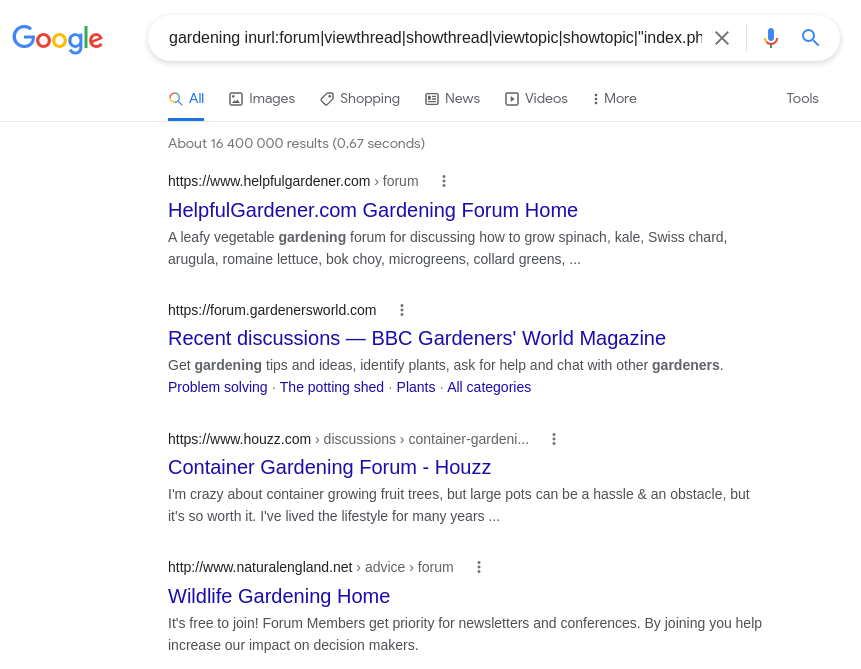

Paste this snippet after your initial search query in Google:
inurl:forum|viewthread|showthread|viewtopic|showtopic|"index.php?topic" | intext:"reading this topic"|"next thread"|"next topic"|"send private message"
So if I wanted to find only discussions on gardening my search query would look like this:
gardening inurl:forum|viewthread|showthread|viewtopic|showtopic|"index.php?topic" | intext:"reading this topic"|"next thread"|"next topic"|"send private message"
8. Niche-specific forums
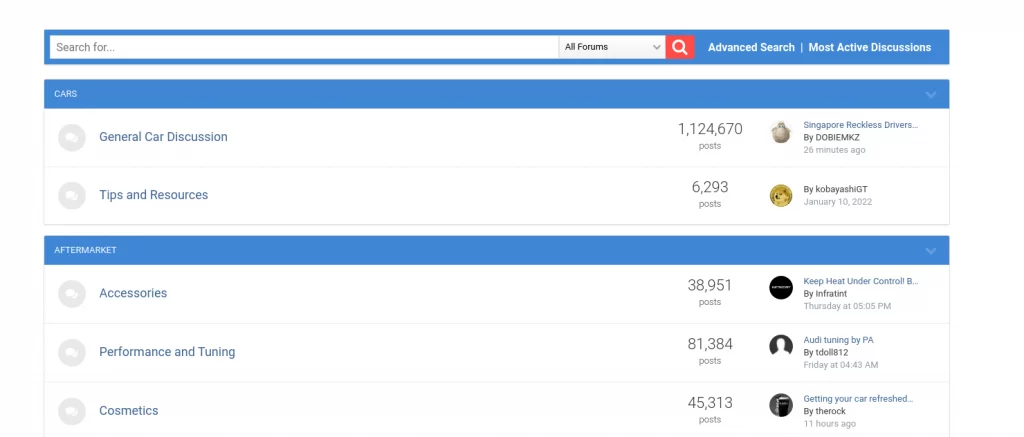

Depending on your niche (as always) you might find that your audience hangs out on their own forum — not just Reddit or LinkedIn/Facebook groups.
These are usually a goldmine of information as the users are signed up specifically to talk and ask questions about things in your niche. On the big social media sites, they might just have a fleeting interest in the topic. But forums…? This is where you find passionate users.
Mirror their words, their feelings, and even their worldview in your copy to create a strong bond between reader and writer. Make them think “Damn! This business gets me!” and you’re golden.
Time for an example:
Let’s say I’m tasked with writing an email sequence promoting car accessories. A quick Google shows that mycarforum.com is the place to be. Browsing the forum more, I notice that the “General” section is a treasure trove of information I can use in my copy.
9. Study the ads of your competitors
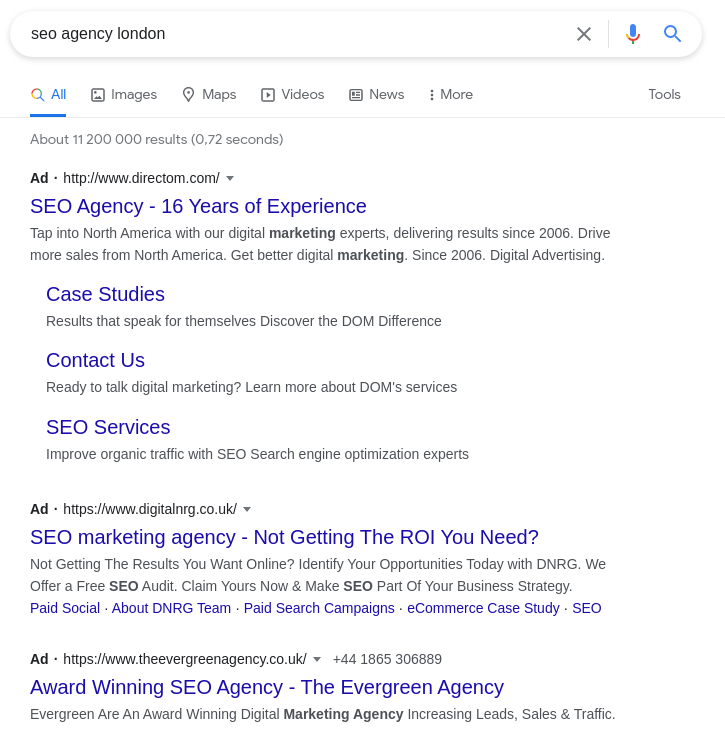

Turn off your adblocker. Go to Google and search for what you imagine a problem-aware prospect would search for. Click on all the ads you get and start scribbling (or copy-pasting) down everything noteworthy.
Some ideas on things to write down are:
– General funnel — Where does the ad take you? What does the page promote?
– Design — How design-heavy is the site?
– Copy — What’s the lead (the big idea)? What are the pain points emphasized? The benefits? The outcome? The promise?
– What type of risk reversals are they using? How could you one-up them?
– Social proof — Are any testimonials used? What format are they in?
– Are you noticing any specific gaps that your business/client could focus on?
Moving forward…
If you were thinking that this list provides you a shortcut to writing better, more targeted copy faster than before, I have some news for you.
The stuff I talked about provides you with the roadmap. You still need to walk the path. Or if you’re feeling particularly daring you can hire a VA on UpWork to do the heavy lifting for you — just know that you won’t learn as much as if you did it all yourself. YMMV.
If you’re looking for more actionable advice on copywriting and email marketing — you’ll like my newsletter. The free mini-course I’ve set up for you answers questions you probably don’t know to ask. You can sign up through the link below. ????



